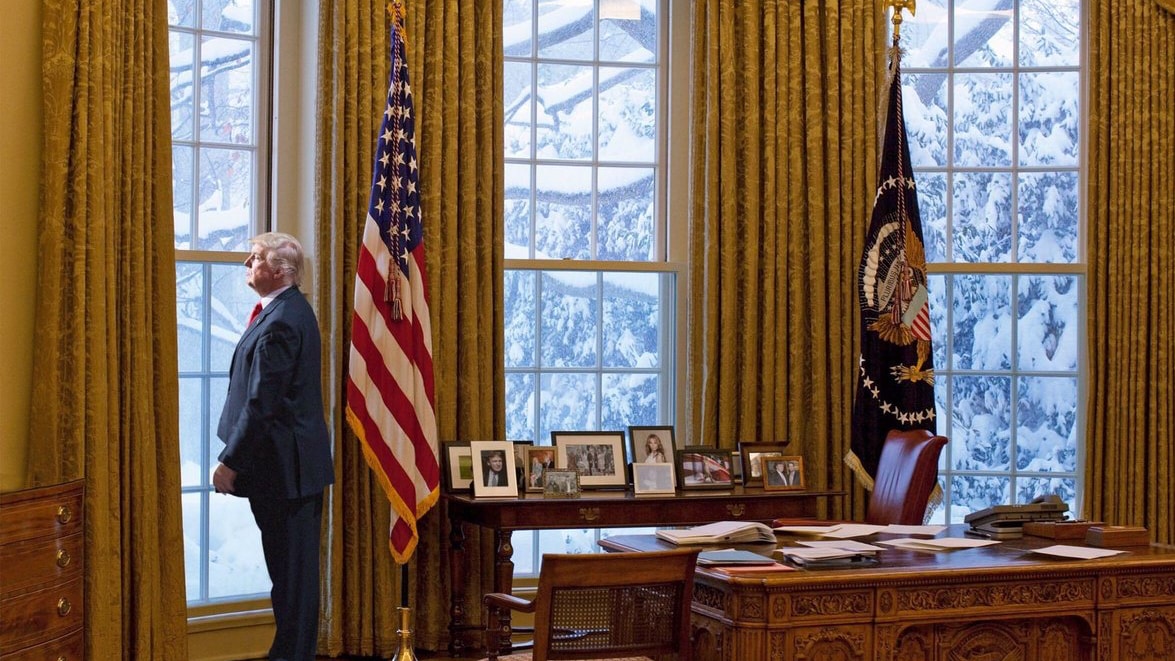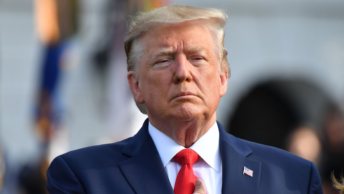As I write this essay, the country is convulsed by the report that President Trump described Haiti, El Salvador, and some African countries as “s***hole nations.” The context for his word choice was a meeting with Democrats and Republicans concerning immigration. The President was expressing frustration with the concept of giving immigrants from third-world counties priority over people from nations that have educated, skilled workers. Mr. Trump has denied that he actually used the vulgar adjective but does admit to some “tough” language. Whatever the truth is, this kerfuffle has raised some important issues.
First, this immigration meeting was held in the Oval Office. It was not a speech in front of the public. Cannot politicians meet privately and keep what was said private? Must someone be compelled to run to the press the moment one of the participants uses bad language or says something that is politically incorrect? It’s like your little sister running to your parents to tattle on you for saying a bad word. What is said in the Oval Office should stay there. Is that asking too much?
Next, is the mainstream press apoplectic simply because of the President’s use of a swear word? If he had said, “Why are we bringing immigrants to this country from “lousy” nations, would that have been okay? Or, if he had used the term “third-world” nations, would that have passed muster? Certainly, the media have heard vulgar language before, and many have been caught using words that are even more offensive. So, it’s not the word itself.
Instead, the media want to use Mr. Trump’s word choice as a means to label him a racist because the nations he mentioned are populated with either black- or brown-skinned people. This left-wing shibboleth is getting more irritating by the day.
Which brings us to an important point: Mr. Trump had the temerity to crudely (but accurately) describe what some nations really are–horrible places to live. In virtually all cases, the people in these nations suffer poverty, violence, disease, illiteracy, and a lack of basic rights. This is not because they are inherently inferior people, but because they live under dictatorships that really care nothing for their own people. Most of the financial help that comes to such nations is used to reinforce a lavish lifestyle on the part of the ruling elite.
Take a look at Haiti, one of the countries Trump singles out. The United States and numerous charities have poured billions of dollars into that suffering nation. Christian missionaries and church volunteers have been going there for decades, building schools and hospitals and digging wells. And yet nothing significant ever changes. The vast majority of the people continue to live in dire poverty, and it is a poverty not caused by natural disasters, although such events certainly make the situation worse. But the ruling elite? Are they suffering? Wide-spread corruption has kept them quite comfortable. It is not an exaggeration to describe Haiti in unflattering terms, and it’s about time someone has called out its government and others like it for what they are.
In addition, describing a country as a horrible place to live is not a reflection on the people themselves. Most people would accurately describe North Korea as perhaps the worst nation on earth. The country is basically a large concentration camp where millions of people live in abject terror of its government and struggle daily just to survive. To declare North Korea a s***hole nation is spot on.
But to say so does not reflect upon the North Korean people. To say so does not indicate a racist attitude toward Asians. It is simply a matter of fact.
However, the bigger question deals with immigration. As I have explained before, it is perfectly reasonable for a sovereign nation to decide what kind of people it is willing to let in. Admitting people who often can neither read nor write, have no employable skills, or have a world view incompatible with democracy is an invitation to make them wards of the state or criminals. If we toss in chain migration and visa lotteries, the situation becomes even worse and an exercise in political suicide.
Why should American taxpayers shoulder such a burden? Who will speak for them? Certainly not the media and not the Democrats. They seek a permanent underclass to vote for them. And even many Republicans ignore their plight, more concerned with placating the Chamber of Commerce. But President Trump sees the true danger of a porous border and an insane immigration policy. If he can successfully protect the American citizen, then I may wince, but I will accept some “tough” language.









Brave article – and straight to the point – as is President Trump.
Very nice article but I would argue that people who demanded socialism condemned themselves to the obvious next step of dictatorship. Haiti was the crown jewel of the French who by 1804 turned the paradise island over to the slaves who then turned it into a Hellhole ( so also said Lindsay Graham). Haiti’s fate was self inflicted and until they want to clean up their own mess nothing will change. And the worst thing we can do is to encourage their best and brightest to leave which ensures their continued hell.